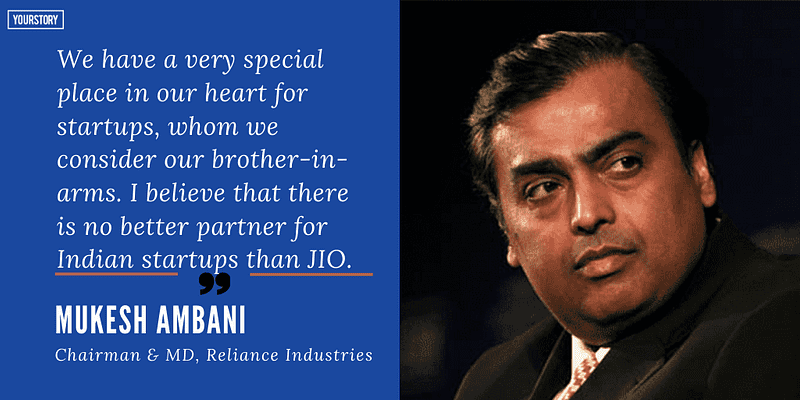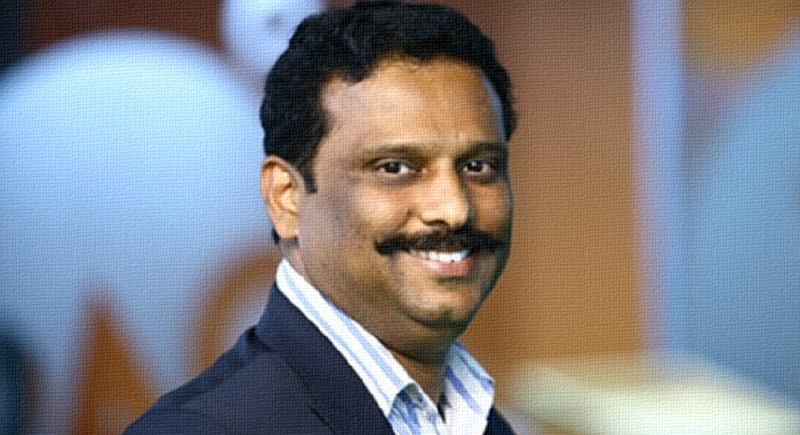Facebook's smart moves to become a one-stop destination for Internet users
Between Instagram, Instant Articles, WhatsApp and Messenger, Facebook has probably become your one-stop destination to access the Internet. There’s only one missing piece in Facebook’s puzzle for world domination – ‘Search’. And the company has a roundabout plan to fix it.

Image: shutterstock
Step 1 – Treat your core assets as individual companies
It’s interesting to see how Facebook doesn’t want its branding to reflect on many of its acquisitions. Instagram, Oculus, WhatsApp all have their own branding and style – none are in sync with the parent company, and there’s a reason for such separation. While Google’s strategy was to unify all under one umbrella, Facebook doesn’t want a ‘know-it-all’ tag that Google has coveted. It also makes Google the Big Brother of modern tech – an image Facebook has carefully distanced itself from. But in truth, Facebook is the real Big Brother of technology. It understands each user on a very deep behavioural level. Facebook’s users voluntarily share information, as opposed to Google, which has to make inferences from data collection.
Google doesn’t have a single ‘social’ app on its radar and Facebook is slowly, but gradually, eating into the Mountain-View company’s core strengths. If not for the 2005-acquisition of a 20+-month-old startup called ‘Android’, (for about $50 million according to few publications) the Google we know today would be very different.
Step 2 – How to eliminate e-mail
Gmail is Google’s tour de force. It’s one of the most popularly used e-mail services. It helps that signing into Gmail also means access to all of Google’s strengths in Maps, Calendar, Docs etc. It reached a billion users 12 years since it was made public. But was that good enough? For some context - WhatsApp reached that number in six years and with just about 50 engineers. But how are Gmail and Facebook comparable? They’re very much going to be.
Last month, WhatsApp ditched its $1 subscription fee and is now targeting businesses to open conversations with its over one billion users. This could be the beginning of the end for Gmail. All those gazillion irrelevant monologue mails that businesses send on Gmail are going to fade away. Slack will take over a chunk of the productivity aspects of work, completely alienating Gmail. Companies will slowly flock to WhatsApp to have ‘conversations’ with its users. Importantly,companies will now know if users have actually read their messages, rather than shooting in the dark. E-mail marketing will die. Facebook Messenger will get in on this act ensuring ‘messaging as a service’ is the new norm. Between Slack, Facebook M and WhatsApp, Gmail is in a sticky situation. (Will Facebook attempt to buy Slack?)
Step 3 – Milk the millennials – memes, pictures, short videos
Instagram already has more users than Vine. It’s also far more popular in developing countries. Besides, users are looking for simplicity and one app to do it all. There’s nothing of what Vines does Instagram can’t. And Vine can’t host static images on its platform. Instagram is also using Facebook’s heft to woo existing Vine users on its platform. Since Twitter has alienated many of its developers, and monetisation looks haphazard, more users are steadily moving from Vine to Instagram. Facebook Live will eat into Periscope, which simply doesn’t have the might and the network effects that Facebook brings to the table.
Remember how Google paid Apple $1billion to keep its search bar on the iPhone? Deft move to get as many Apple users into the ecosystem. Similarly, Facebook should consider paying Twitter to display Instagram photos and video without having to expand the tweet. This will probably kill Vine for starters, leaving only Snapchat as a dominant player. (Facebook’s ‘slingshot’ to counter Snapchat has failed miserably). Facebook has most aspects of Google's business covered and has unique strengths Google will never be able to build. Truth is, Alphabet is not a fancy experimental whim. It's very much about revenue and the need to stay relevant at a time when Facebook is at Google's heels.
Step 4 – Taking the fight to Google, killing Search
Facebook Messenger, powered by Artificial Intelligence, comes closest to resemble the likes of a WeChat - bundling all services in a simple platform for consumers and brands. You can already book an Uber via Facebook M, and ask M questions (search). This gives us a sense of how M intends to tackle Google’s search capabilities by relying on voice recognition.
Facebook M will be bread and butter ‘search’ but with far more context and relevance. It’ll remove the clutter of pages, multiple links, clicks etc., and have a digital assistant explain your query – something that will continue to refine itself in the years to come.
But if Facebook wants its Messenger to be as widely adopted as Google Search, it needs to add more services to entice new users. One way is to make more strategic acquisitions. Imagine Facebook M, powered by AI, getting your groceries delivered, transporting you, integrating with select retailers etc. If not for acquisitions, there’s definitely going to be more partnerships.
Free Basics (Internet.org in a previous avatar) is an attempt to capitalise on an untouched user base. Facebook understands the nuances of having a first-mover advantage in technology. As it envisions a ‘connected world’, the nearly $300-billion behemoth wants to be synonymous with the Internet. Content in the form of articles, videos, pictures, including social messaging, chat, everything will work within Facebook’s ecosystem. The very Internet you access will come from Facebook. In all, Facebook is close to becoming a user’s idea of the WWW.
About the Author:
Adithya Venkatesan works with Gutenberg Communications helping startups and enterprises narrate their stories to the world. He reads fervently, travels assiduously and is a recipient of the PR 30 under 30 awards. He also thinks Huxley’s dystopian future is more plausible than Orwells’. He can be reached on mail [email protected] and on twitter @adadithya
(Disclaimer: The views and opinions expressed in this article are those of the author and do not necessarily reflect the views of YourStory)











